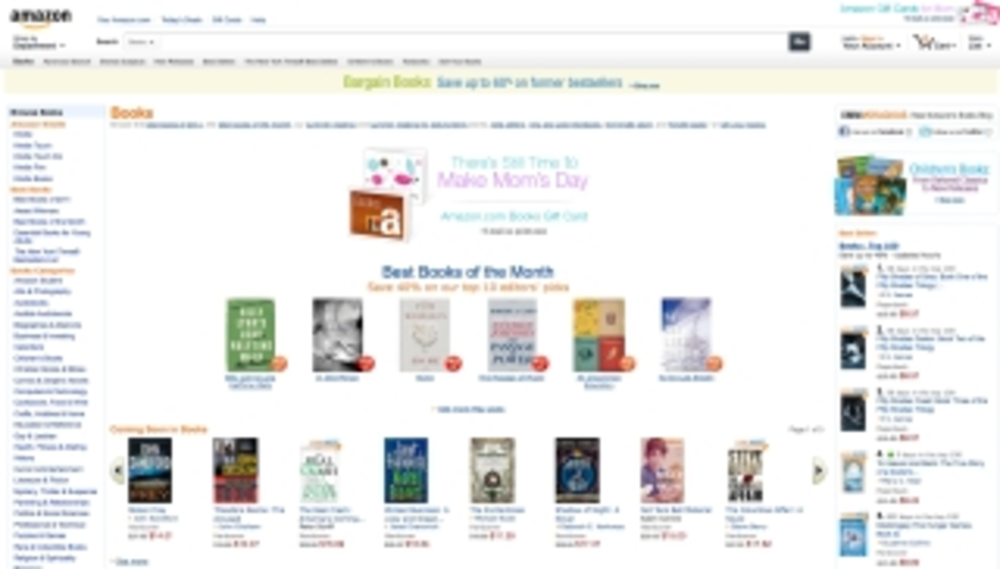Is Amazon an ally of the retail industry? Readers respond to the June Gloves Off question.
Pedro Celis, a production engineer at Microsoft, sees a deeper issue inherent in Amazon’s relationship to the retail industry.
Amazon is a retailer by definition, so it is a friend of retailer’s clients as much as Target is a friend of Wal-mart clients … The real question is which business model will eventually triumph.
John Sisson, president of Universal Wilde, is hedging — but that’s because a complex question needs to be examined from all angles. I like to answer questions like this with standard lawyer answer number one: “It depends.” In this case, the answer depends on size. Yes, size still matters. For a small retailer, Amazon is a beautiful thing. It’s an inexpensive way to reach a larger audience. Set up on Amazon, and you have the force of SEO, reach and lower PPC to help you grow. Yes, you should still do marketing separate from Amazon, but you cover a lot of bases pretty inexpensively. You might even skip the bricks and mortar. Amazon is my friend. For a large retailer, it’s the opposite. You’ve built the infrastructure, have the bricks and mortar and Amazon doesn’t just compete on price, they compete on technology. Customers can use you as a showroom and then choose products for cheaper online. Not very friendly. If there’s a silver lining for those large retailers who thought that their size was their benefit, it’s that they can get into businesses that Amazon can’t. Some retailers are service companies, too. Does that make Amazon their friend? Probably not, but I hope they’re still on each other’s Christmas card list.
Tom Jacobs, president and founder of Jacobs Agency, says ‘if you can’t beat ‘em, join ‘em.’ Amazon has made a positive impact on brands, exposing them to millions of consumers. Retailers can capitalize on Amazon’s infrastructure by selling their products through its storefront. It’s a great way to attract a built-in audience that might not have otherwise found certain products. The catch? Retailers’ prices, and customer service, are totally transparent and often up for scrutiny. Though Amazon offers a gateway to global sales for some brands, it has likely rendered many brick-and-mortar stores irrelevant. Though traditional retail formats offer instant shopping gratification, Amazon trumps that feeling in doing right by consumers. Product reviews, customer lists, forums, Prime membership, behavioral marketing and the Price Check app work hard to win over consumers. Amazon has become the e-tailer that has addressed consumers’ resistance to online shopping, and they’ve exceeded the retail experience using honest content, like video product demos. Amazon understands a shopper’s unique digital body language, and in turn has created higher consumer expectations for shopping experiences and retailer relationships.
Debbie Qaqish, chief revenue marketing officer at The Pedowitz Group, says Amazon’s reach may be great for branding — but it also has the potential to steal retailer profits. Sometimes when you think something will cut into your business profits, because of other factors, it actually helps your business grow. For retailers, Amazon should be considered another channel to expand their reach to today’s multichannel shopping consumer. Much like social media tools, Amazon is one of many channels to reach potential buyers. Amazon has earned a great reputation for providing excellent customer care, which will reflect well on the retailer’s brand. The downside of Amazon on retailers is that it can squeeze profits because of lower prices. Bottom line: No one likes to change, but Amazon has introduced consumers to a new way to shop.







